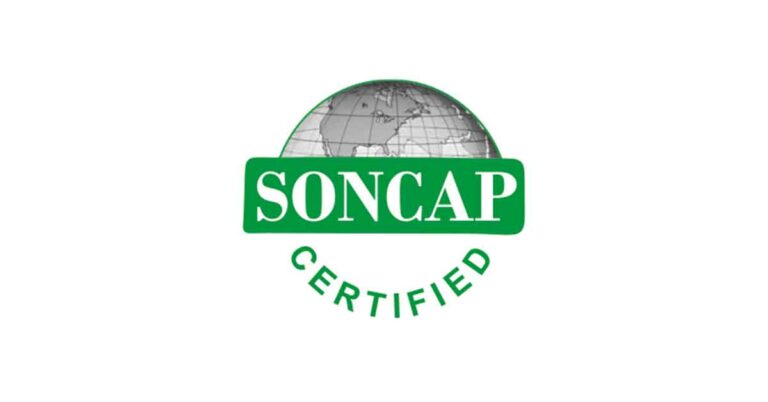The PCN is a Federal Government agency established by Act 91 of 1992 (Cap P17 LFN 2004) during the military regime of Gen. Ibrahim Badamasi Babangida. The Pharmacists Council of Nigeria (PCN) is responsible for the regulation of pharmacy education, training of pharmacists, licensing of pharmacists and pharmacy premises (manufacturing, importation, distribution, wholesale, retail, hospital pharmacy).
The agency is responsible for licensing pharmacy technicians and patent medicine stores (patent and proprietary medicine vendors).
The headquarters of PCN is in Abuja, but they have zonal offices and PCN offices across the whole states of Nigeria. You can visit the official website here.
Leadership of the PCN
The Governing Council of PCN is made of:
- The Chairman, who shall be a registered pharmacist of not less than fifteen years post–registration experience, is to be appointed by the Nigeria President on the recommendation of the Minister;
- A representative of the Federal Ministry of Health, who shall be the Head of the National Agency for Food and Drug Administration and Control (NAFDAC) in the Ministry;
- The President of the Pharmaceutical Society of Nigeria;
- The Director of the Pharmaceutical Services (or, however, called) of each State Ministry of Health, including the Federal Capital Territory;
- The Deans of the recognized Faculties of Schools of Pharmacy in Nigeria Universities
- Eight members from each of the States of the Federation, appointed by the Minister on the recommendation of the Pharmaceutical Society of Nigeria, but no State shall, in any event, be entitled to more than one member.
- One representative of the Armed Forces who shall be a registered pharmacist, and
- The Executive Director of the National Institute of Pharmaceutical Research and Development.
The Chairman of PCN holds office for a 3-year term, which can be renewed for additional 3 years (one more term). The PCN chairman presides over the meetings of the Council. The current chairman of the PCN is Ahmed Tijjani Mora (correct as of Feb. 2022).
The Registrar of the PCN is the Secretary of the agency, and is tasked with preparing, maintaining and altering from time to time the register of the names, addresses, approved qualifications of members, pharmacy schools, premises.
Also, the registrar specifies the annual fees to be paid to the council for various services rendered, such as licence application, renewal.
The Registrar of PCN holds office for 4 years and is eligible for a further 4 years if re-appointed. The former Registrar of the PCN is Pharm NAE Mohammed, FPSN, FNIM. He handed over to Pharm. Ibrahim Babashehu Ahmed, FPSN, FPCPharm, FCAI on 7 April 2022.
The members of the Governing Council holds office for 3 years. The quorum of the Council shall be twenty (20).
The membership of the PCN is in two categories: Members and Associate members.
The Pharmacist Council of Nigeria Disciplinary Tribunal is responsible for tackling any form of misconduct in the profession. A tribunal consists of the Chairman of the Council and six other members of the Council appointed by the Council and approved by the Attorney-General of the Federation. The quorum of the Disciplinary Tribunal shall be four members.
The Pharmacists Council of Nigeria Investigating Panel is responsible for conducting preliminary investigation before referring it to the tribunal. The panel is appointed by the Council and shall consist of four members of the Council and one member who is not a member of the Council. The quorum of the investigating panel shall be three, all of whom must be pharmacists.
Functions and Duties of PCN
- Establish and maintain registers of persons entitled to practice as members of the profession, and the publication from time to time of lists of those persons.
- Determine the standards of knowledge and skill to be attained by persons seeking to become registered members of the Pharmacy profession, and reviewing the standards from time to time.
- Review and prepare, from time to time, a statement as to the Code of Conduct which the council considers desirable for the practice of the Pharmacy profession.
- Regulating and controlling the practice of the profession in all its aspects and ramifications.












